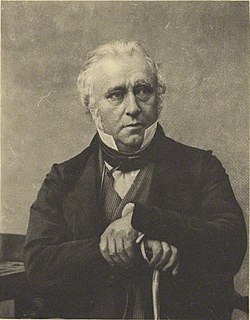A Quote by Samuel Johnson
It is to be steadily inculcated, that virtue is the highest proof of understanding, and the only solid basis of greatness.
Related Quotes
But tell me: how did gold get to be the highest value? Because it is uncommon and useless and gleaming and gentle in its brilliance; it always gives itself. Only as an image of the highest virtue did gold get to be the highest value. The giver's glance gleams like gold. A golden brilliance concludes peace between the moon and the sun. Uncommon is the highest virtue and useless, it is gleaming and gentle in its brilliance: a gift-giving virtue is the highest virtue.
The man who is anybody and who does anything is surely going to be criticized, vilified, and misunderstood. This is a part of the penalty for greatness, and every great man understands it; and understands, too, that it is no proof of greatness. The final proof of greatness lies in being able to endure contumely without resentment.
And what does reward virtue? You think the communist commissar rewards virtue? You think a Hitler rewards virtue? You think, excuse me, if you'll pardon me, American presidents reward virtue? Do they choose their appointees on the basis of the virtue of the people appointed or on the basis of their political clout?
Spirituality is not a question of morality, it is a question of vision. Spirituality is not the practising of virtues - because if you practise a virtue it is no longer a virtue. A practised virtue is a dead thing, a dead weight. Virtue is virtue only when it is spontaneous; virtue is virtue only when it is natural, unpractised - when it comes out of your vision, out of your awareness, out of your understanding.
The greatness comes not when things go always good for you. But the greatness comes when you're really tested, when you take some knocks, some disappointments, when sadness comes. Because only if you've been in the deepest valley can you ever know how magnificent it is to be on the highest mountain.
The governors of the world believe, and have always believed, that virtue can only be taught by teaching falsehood, and that any man who knew the truth would be wicked. I disbelieve this, absolutely and entirely. I believe that love of truth is the basis of all real virtue, and that virtues based upon lies can only do harm.
Philosophy takes as her aim the state of happiness...she shows us what are real and what are only apparent evils. She strips men's minds of empty thinking, bestows a greatness that is solid and administers a check to greatness where it is puffed up and all an empty show; she sees that we are left no doubt about the difference between what is great and what is bloated.



































